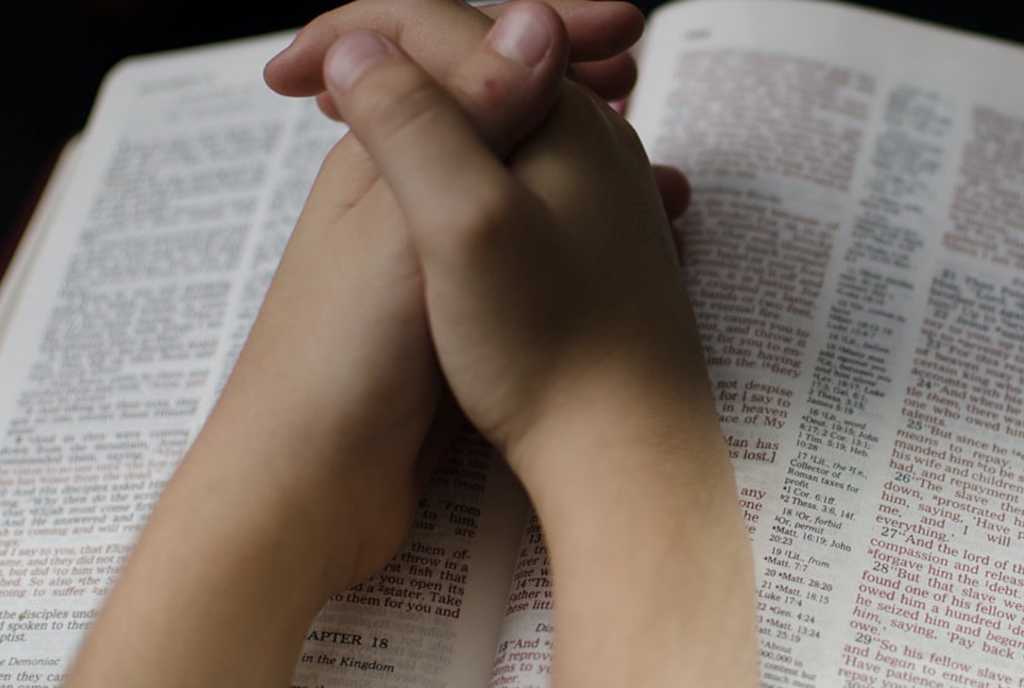An appeals court recently ruled against a Catholic woman who claims two police officers ordered her to stop praying in her own home, Heat Street reported.
READ: Walmart Employee Sweetly Comforts Teen After Brutal Assault
Kansas resident Mary Anne Sause filed a lawsuit against two Louisburg officers, whom she claims entered her home without stating their purpose for being there, and then proceeded to mock her and ask her to stop praying.
The judge claimed police officers weren't aware they had violated her free speech rights. https://t.co/qTtOHHnGuf
— Heat Street (@heatstreet) June 27, 2017
Last Tuesday, the United States Tenth Circuit Court of Appeals upheld a judge’s previous dismissal of Sause’s case. While the three-judge panel acknowledged that the officers violated her First Amendment rights and exhibited “obviously unprofessional” behavior, they concluded that Sause is not entitled to relief.
According to the court opinion written by Judge Nancy Moritz, “the defendants violated Sause’s rights under the First Amendment” by mocking her, demanding that she stop praying “so they could harass her,” insisting that she show her scars from her double mastectomy, and threatening her with arrest.
“But this assumption doesn’t entitle Sause to relief,” the judge insists. “Instead, Sause must demonstrate that any reasonable officer would have known this behavior violated the First Amendment.”
The court opinion notes that the two officers, who showed up at Sause’s home in response to a noise complaint, were not necessarily at fault for actions that did “nothing to further their investigation.”
Moritz continues:
It certainly wouldn’t be obvious to a reasonable officer that, in the midst of a legitimate investigation, the First Amendment would prohibit him or her from ordering the subject of that investigation to stand up and direct his or her attention to the officer — even if the subject of the investigation is involved in religiously-motivated conduct at the time, and even if what the officers say or do immediately after issuing that command does nothing to further their investigation.
Following the court’s ruling, First Liberty Institute Deputy General Counsel Jeremy Dys, who represents Sause, condemned what he perceives as a gross inconsistency between the court’s “harsh criticism of the officers’ conduct” and the decision to dismiss Sause’s case.
In a statement issued last week, Dys said that the court’s “harsh criticism of the officers’ conduct in this case supports our First Amendment claim,” adding that “No one should face the prospect of being arrested for praying in their own home.”
The First Liberty Institute condemned what they viewed to be the court’s misinterpretation of the First Amendment’s Free Exercise Clause:
In defending the police officers’ actions, the government argued that the First Amendment’s Free Exercise Clause only “protects an individual’s right to choose a religion.” First Liberty attorneys representing Sause argued that this misconstrued the Free Exercise Clause, which protects not only the right to choose a religion, but also the right to freely exercise one’s faith.
“While Ms. Sause’s appeal was ultimately unsuccessful, the court stated clearly that Sause’s First Amendment rights may have been violated, but the legal doctrine of qualified immunity shields the officers from any liability,” the Institute’s statement concludes. “The concurring opinion condemned the police officers’ ‘extraordinary contempt of a law abiding citizen.’”
The statement did not indicate whether Sause would appeal her case to the Supreme Court.



